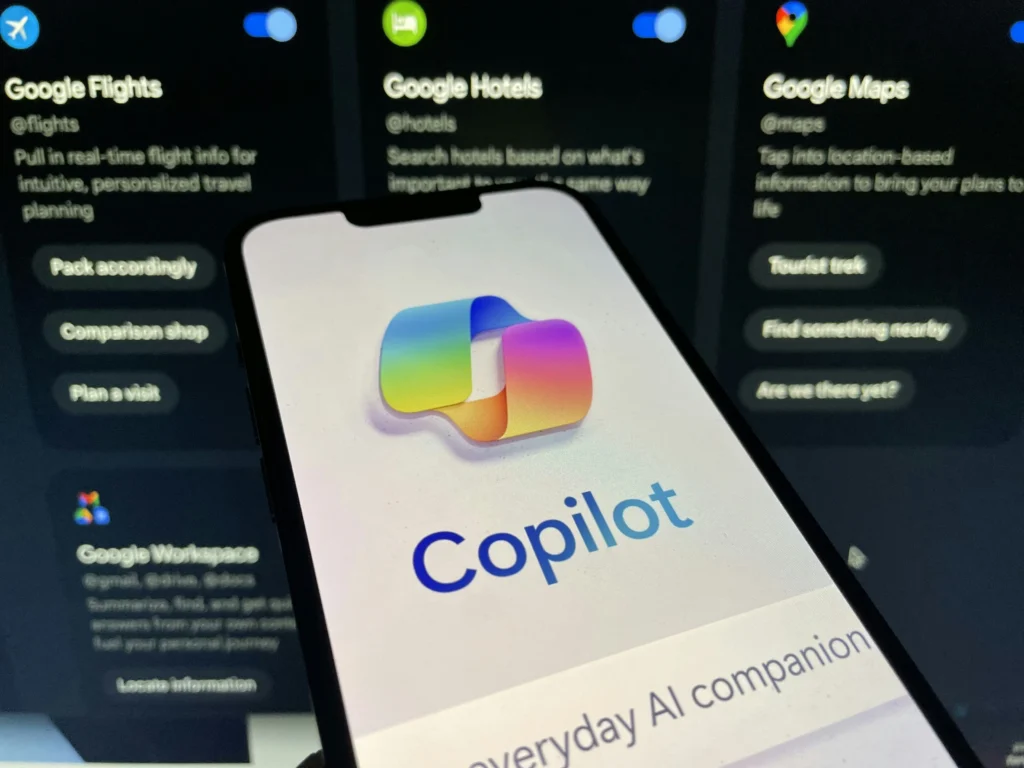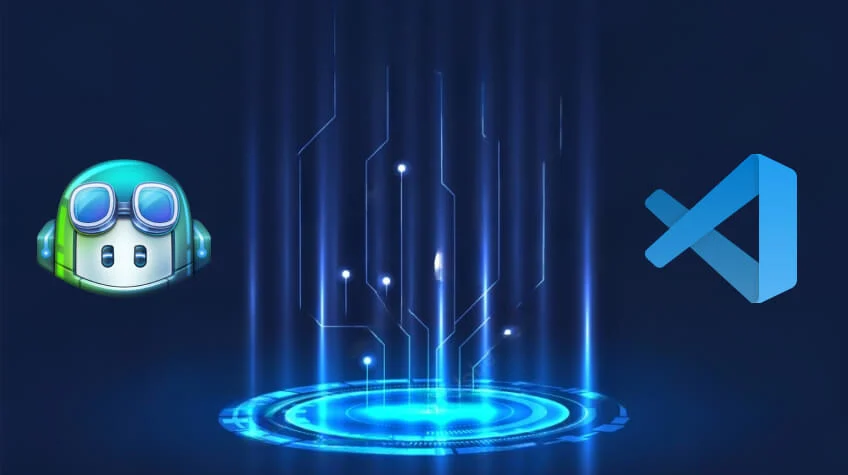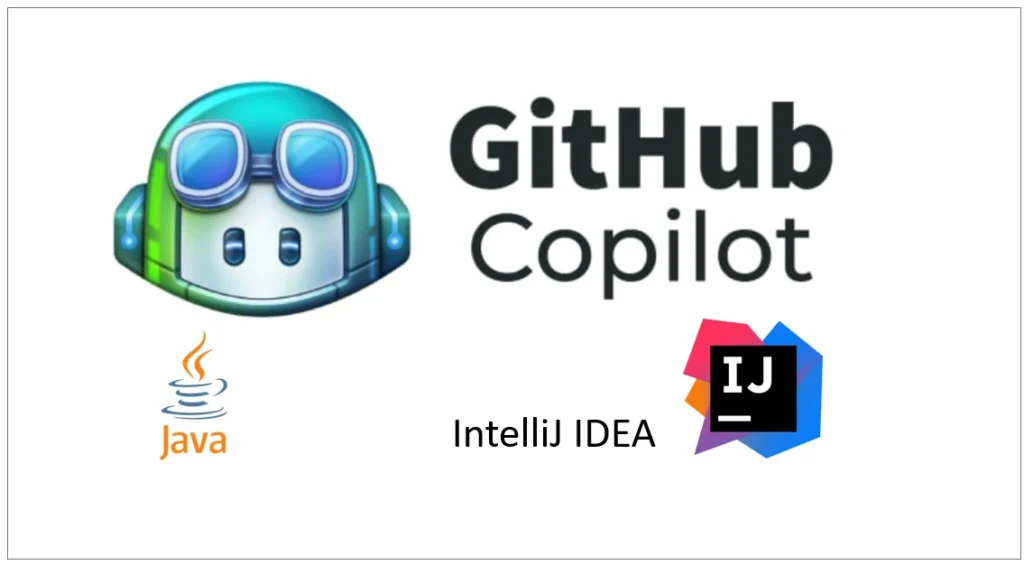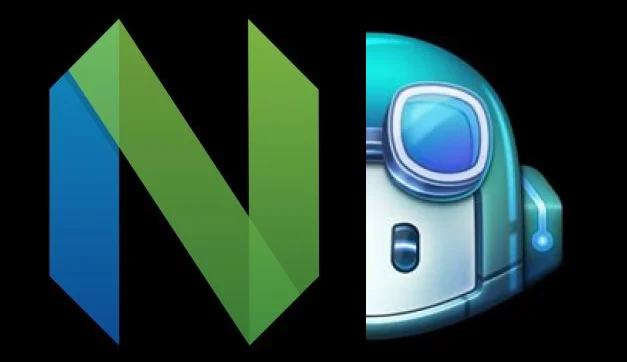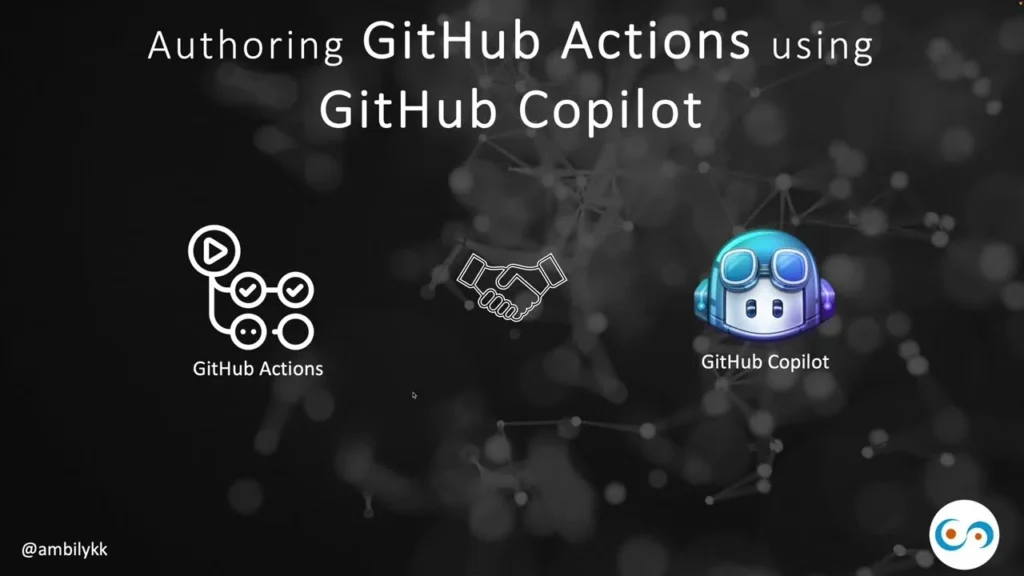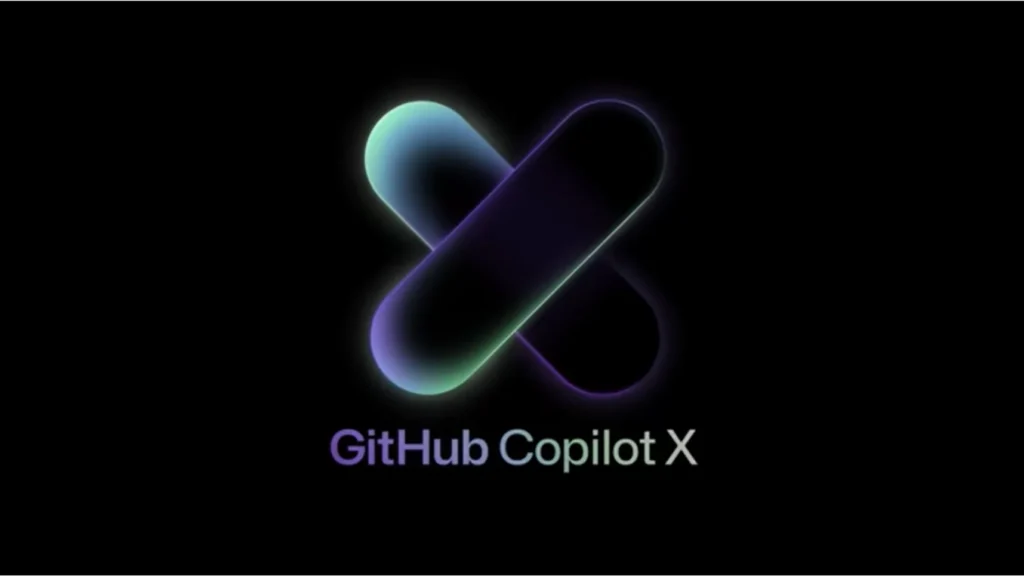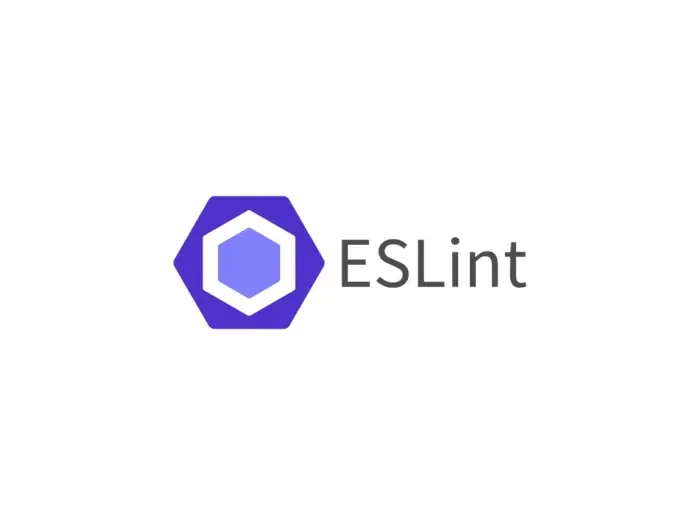GitHub Copilot: AI Coding Assistant
GitHub Copilot is an AI-powered coding assistant developed by GitHub and OpenAI. It helps developers write code faster by suggesting entire lines, functions, and even solving complex problems in real-time. Integrated directly into popular IDEs like VS Code, Copilot learns from context and generates smart code completions, saving time and boosting productivity. Whether you’re debugging, learning a new language, or building large-scale applications, Copilot makes development smarter and more efficient.
Boosting Developer Productivity with GitHub Copilot
Copilot AI doesn’t just autocomplete lines of code—it understands the context of your project and adapts to your coding style. Here are some ways GitHub Copilot enhances development workflows:
Smart Code Suggestions: Predicts and autocompletes functions, loops, and logic flows.
Multi-language Support: Works seamlessly with Python, JavaScript, TypeScript, Go, Ruby, and more.
Inline Documentation: Generates docstrings and in-line comments for better clarity.
Error Reduction: Helps reduce syntactic and logical bugs by suggesting correct patterns.
By integrating GitHub Copilot into IDEs like VS Code or JetBrains, developers can write cleaner code faster with minimal context switching.
GitHub Copilot vs Traditional Code Editors: What Sets It Apart?
Traditional code editors like VS Code, Sublime Text, or Atom offer powerful features such as syntax highlighting, debugging tools, extensions, and code formatting. They provide a robust environment for developers to write, test, and debug code manually. However, they rely heavily on user input, requiring developers to remember syntax, write boilerplate code, and search for solutions when stuck.
GitHub Copilot, on the other hand, transforms the development experience by integrating AI-powered code suggestions directly into your workflow. Unlike traditional editors, Copilot actively assists by:
Auto-completing code with context-aware suggestions.
Generating functions or logic based on comments or partial input.
Speeding up repetitive tasks by writing boilerplate code.
Reducing context-switching by minimizing the need to look up documentation.
Learning from your coding patterns to offer personalized support.
While traditional editors provide the canvas, Its acts like a smart co-pilot, turning the coding process into a collaborative experience with AI. It doesn’t replace traditional tools but enhances them, making development faster, smarter, and more efficient.
1. GitHub Copilot for VS Code
This is the official extension for integrating GitHub Copilot directly into Visual Studio Code. Once installed, it offers real-time code suggestions, syntax completion, and intelligent function generation.
Use Case: Frontend and backend development, API integration, code documentation.
2. GitHub Copilot CLI Tool
This CLI version of GitHub Copilot lets you interact with Copilot from the terminal. Perfect for writing scripts, commands, or performing file operations with smart code recommendations.
Use Case: DevOps, shell scripting, and quick automation.
3. Copilot Labs
An experimental toolkit that brings advanced AI-powered features like code translation, test generation, and explanation of code snippets.
Use Case: Learning new languages, debugging, and writing tests.
4. Tabnine Integration with Copilot
Tabnine is another AI coding tool that can complement GitHub Copilot by focusing on completing code with high accuracy based on context. Combining both can improve code efficiency.
Use Case: AI-assisted pair programming and advanced autocompletion.
5. Kite vs Copilot: Which One to Use?
Kite, although similar to Copilot, offers static analysis and code intelligence for Python. Developers can compare both to understand how GitHub Copilot offers a more dynamic and broad approach.
Use Case: Comparative testing and hybrid setups.
6. GitHub Copilot for JetBrains IDEs
JetBrains support brings Copilot into IntelliJ, WebStorm, and PyCharm. Now Java and Kotlin developers can also enjoy Copilot’s magic.
Use Case: Android development, backend systems, enterprise apps.
7. GitHub Copilot in Neovim
For those who love minimal setups, GitHub Copilot’s integration with Neovim allows for a lightweight but powerful AI-assisted workflow.
Use Case: Terminal-based coding, remote environments.
8. Copilot AI + GitHub Actions
Use Copilot AI with GitHub Actions to generate custom workflows for CI/CD pipelines.
Use Case: Automating builds, deployments, and tests.
9. Copilot X (Future Preview)
Copilot X is the next-gen version that will include ChatGPT-style interaction, voice input, and full integration with pull requests and code reviews.
Use Case: AI-driven project management and real-time support.
10. Freshy Blog’s Favorite: Copilot + ESLint
Combining GitHub Copilot with ESLint creates a powerful setup where AI suggests code and ESLint ensures it follows best practices.
Use Case: Clean coding standards and high-quality development.
Benefits of Using GitHub Copilot and Its Tools
Increased Productivity: Spend less time writing boilerplate code.
Improved Code Quality: Get AI-suggested corrections on the fly.
Faster Learning Curve: Great for new developers or those learning new languages.
Seamless Integration: Works with multiple IDEs and platforms.
How to Set Up GitHub Copilot (Step-by-Step)
Install the extension/plugin for your IDE.
Log in with your GitHub account.
Choose your usage preferences (real-time suggestions, inline code, etc.).
Start typing and watch Copilot do the rest!
Use Cases for GitHub Copilot in Different Programming Languages
JavaScript: Auto-generate React components.
Python: Write machine learning pipelines.
Java: Build APIs with Spring Boot.
TypeScript: Strongly typed frontend logic.
Go: Backend services and concurrency patterns.
Best Practices While Using Copilot AI
Always Review AI Code: Don’t blindly trust generated code.
Use with Linting Tools: Combine with ESLint or Prettier.
Enhance with Human Judgment: AI is a co-pilot, not a replacement.
FAQs about GitHub Copilot and Copilot AI Tools
1. Is GitHub Copilot free to use?
- Its offers a free trial, but it requires a subscription for continued use. Students and verified open-source contributors get it free.
2. Does GitHub Copilot work offline?
- No, Its requires an internet connection to connect with OpenAI’s API and deliver suggestions.
3. Can GitHub Copilot write complete programs?
- It can generate large sections of code, but human intervention is needed for logic, architecture, and security.
4. How secure is code generated by GitHub Copilot?
- Copilot generates code based on existing public codebases, so it’s important to validate and secure AI-generated code before production use.
5. What programming languages are supported?
- Its supports JavaScript, TypeScript, Python, Ruby, Java, Go, C++, and more.
Final Thoughts: Is GitHub Copilot Worth It?
Absolutely. With the right setup and usage, GitHub Copilot is one of the most powerful AI coding tools available. Whether you’re writing scripts, building web apps, or managing infrastructure, Copilot AI can supercharge your workflow.
Stay tuned to Freshy Blog for more guides, comparisons, and real-world use cases around AI code generators and smart developer tools.

